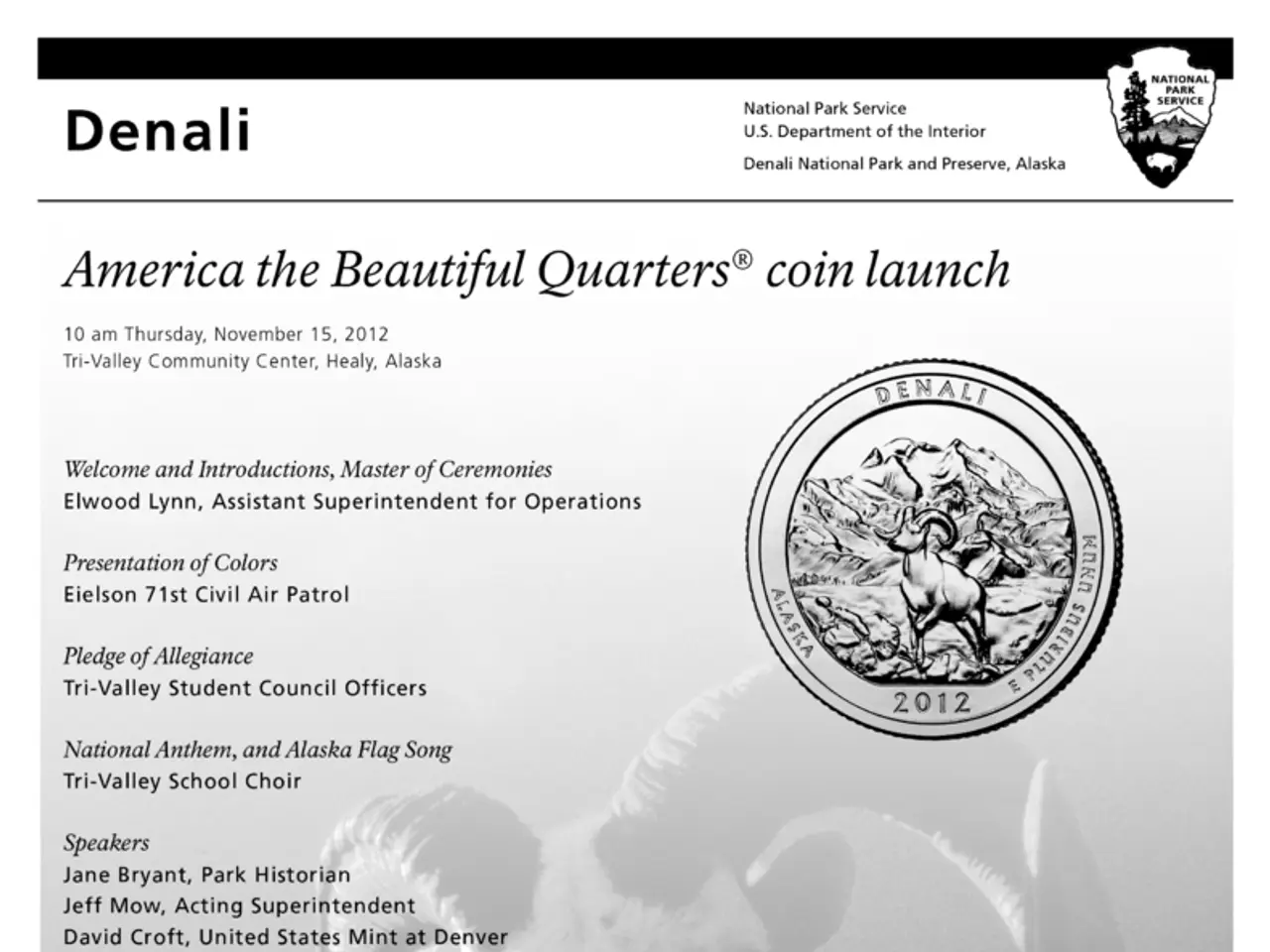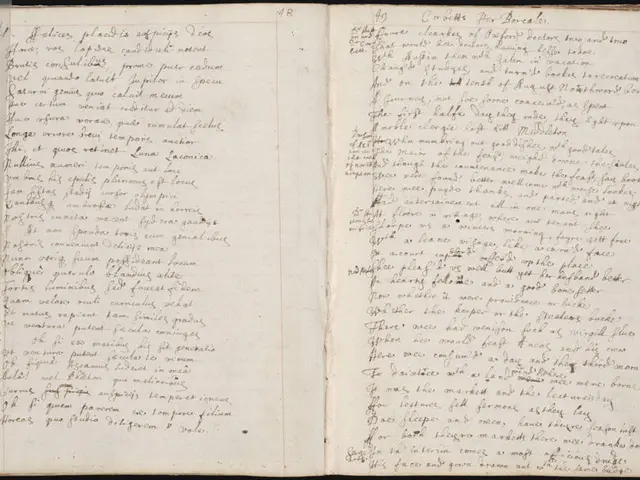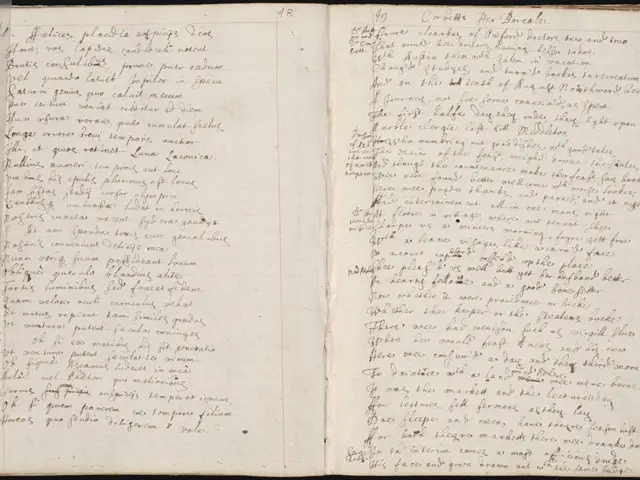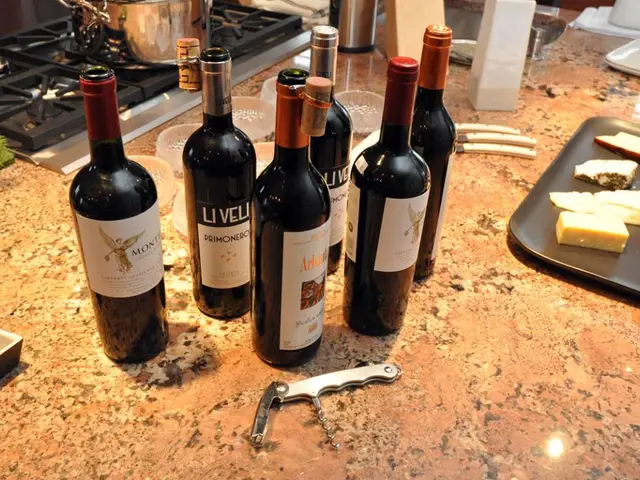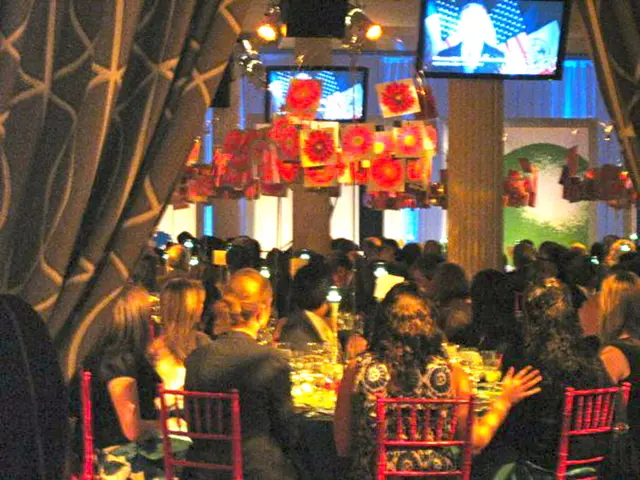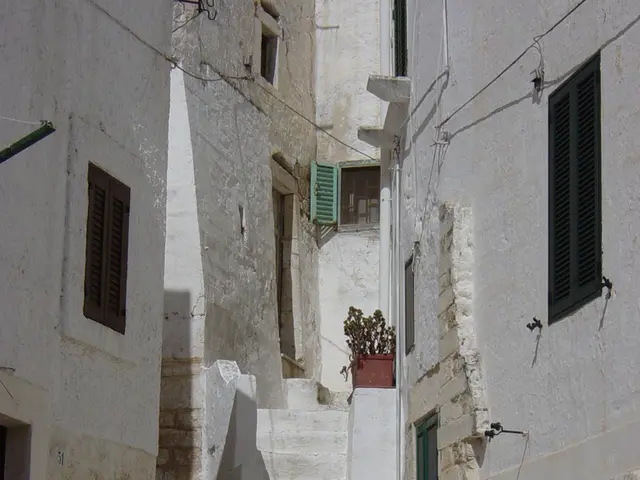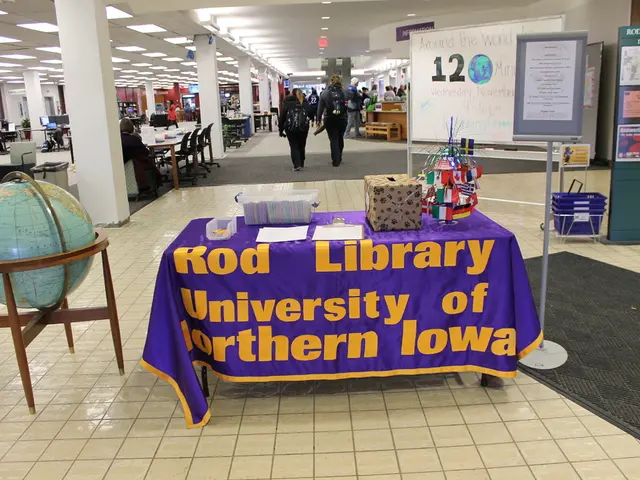"Lizzo contests the legal basis of sampling in music, particularly in hip-hop, asserting that its roots are tainted with racial bias"
In a recent episode of the Million Dollaz Worth Of Game podcast, Grammy-winning artist Lizzo opened up about the origins and controversies surrounding sampling in hip-hop.
Lizzo, who has been open about her love for sampling in her music, shared that hip-hop was born through the practice of sampling records from parents' vinyls, with no sampling laws initially. She further emphasised that sampling is a Black art that bred hip-hop, and hip-hop was born from sampling.
During the discussion, Lizzo also addressed the issue of unintentional copyright infringement in music. She admitted that she has given pieces of her songs to songs she's never even heard of, though she did not specify any instances.
The artist also touched upon the first legal regulations to prevent copyright infringements by sampling, which were introduced primarily in the late 1980s and early 1990s. Pioneering figures included judges and legal scholars who shaped copyright law standards regarding sampling, notably through landmark court cases such as Grand Upright Music v. Warner Bros. Records, which established stricter requirements for sampling clearance.
Lizzo argued that ignorance of the song whose copyright is being infringed is not a defense in a court of law. She expressed concern about the theft of sampling being associated with black culture and asserted that the origins of sampling laws were racially charged and were used to police Black art.
The artist did not clarify if she still feels that hip-hop's medium was policing black music. However, she did express that giving credit is important when intentionally taking someone's song.
Lizzo did not repeat the potential misstatement about the first rapper to get sued for sampling, possibly referring to Biz Markie or De La Soul. It is also worth noting that The Turtles were sampled by De La Soul on their album 3 Feet High and Rising, but Lizzo did not mention any specific instance of the Turtles being sampled.
Throughout the discussion, Lizzo argued that suing people off of a vibe is problematic, especially when it comes to her own music. She believes that the sampling laws are racially charged and have historically been used to suppress Black art.
The conversation around sampling and its impact on Black art and culture continues to be a pressing issue in the music industry. Lizzo's candid discussion on the Million Dollaz Worth Of Game podcast sheds light on these complexities and invites further dialogue on the topic.
